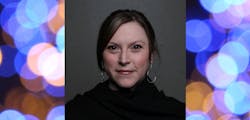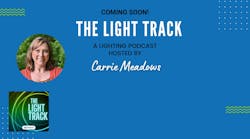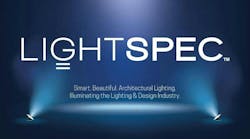As organizations designed to aid the uptake of energy-efficient lighting are delving into more research to inform policymakers, industry stakeholders, utilities, and end users on the role of LED-based solid-state lighting (SSL) in reducing energy consumption and pollution, it appears the US Department of Energy (DOE) under the Trump administration is determined to roll back years of progress in environmental and energy policy. State coalitions and special-interest groups are pushing back, which has resulted in the filing of several lawsuits challenging the DOE decision to forego more stringent energy regulations on certain LED-based replacement lamp types. As chief editor Maury Wright reported this week, “The very agency that has led the successful DOE SSL program changed the classification of some lamps such as candelabras and 3-way lamps away from general service lamps to essentially void the policy slated to take effect.”
In that linked news story about the lawsuit, Maury explained that the suits against the DOE have been filed “on the basis that the change will ultimately cost consumers money due to higher utility bills and require the power industry to construct more environment-unfriendly power plants to deliver the additional energy.” In a letter to Energy Secretary Rick Perry, dated Oct. 11, a group of state senators specified a more detailed cost impact: “According to one analysis, eliminating the 2020 standards would cost $14 billion every year, more than $100 per household annually. It would also increase carbon pollution by around 38 million metric tons per year.” (In that excerpt, the senators cite American Council for an Energy-Efficient Economy data posted in September.)
After the National Resources Defense Council (NRDC) announced the lawsuits on Nov. 5, the organization’s Noah Horowitz highlighted the state of California’s subsequent actions in voting to adopt the originally-drafted federal energy-efficiency regulations. So as of January 2020, in California it will be illegal to sell household/residential light bulbs that do not meet the minimum 45-lm/W efficacy. Although I was considering the potential for other states to follow suit on a policy level, Horowitz issued this challenge: “Let’s hope California’s actions serve as a wake-up call for retailers across the nation to phase out inefficient bulbs in all their stores regardless of inaction/rollbacks from DOE.” I wonder if retailers will hear that message. Some chains have been the subject of LED retrofit projects themselves, so perhaps their facilities management teams will have some sway with the inventory buyers. We shall see how it shakes out.
Comments on this policy controversy? Thoughts on other implications? Send me a note at [email protected] and we’ll consider publishing it!






